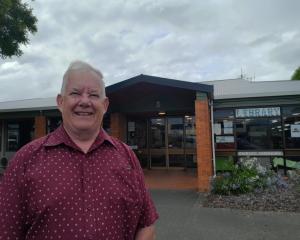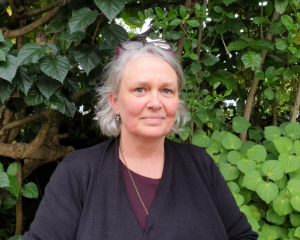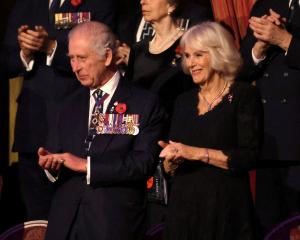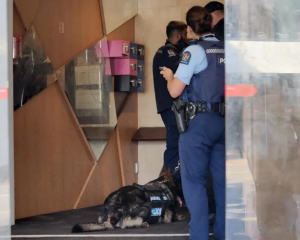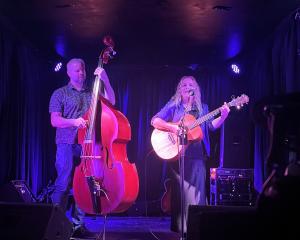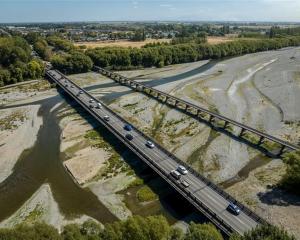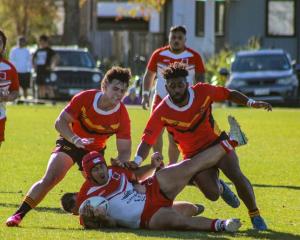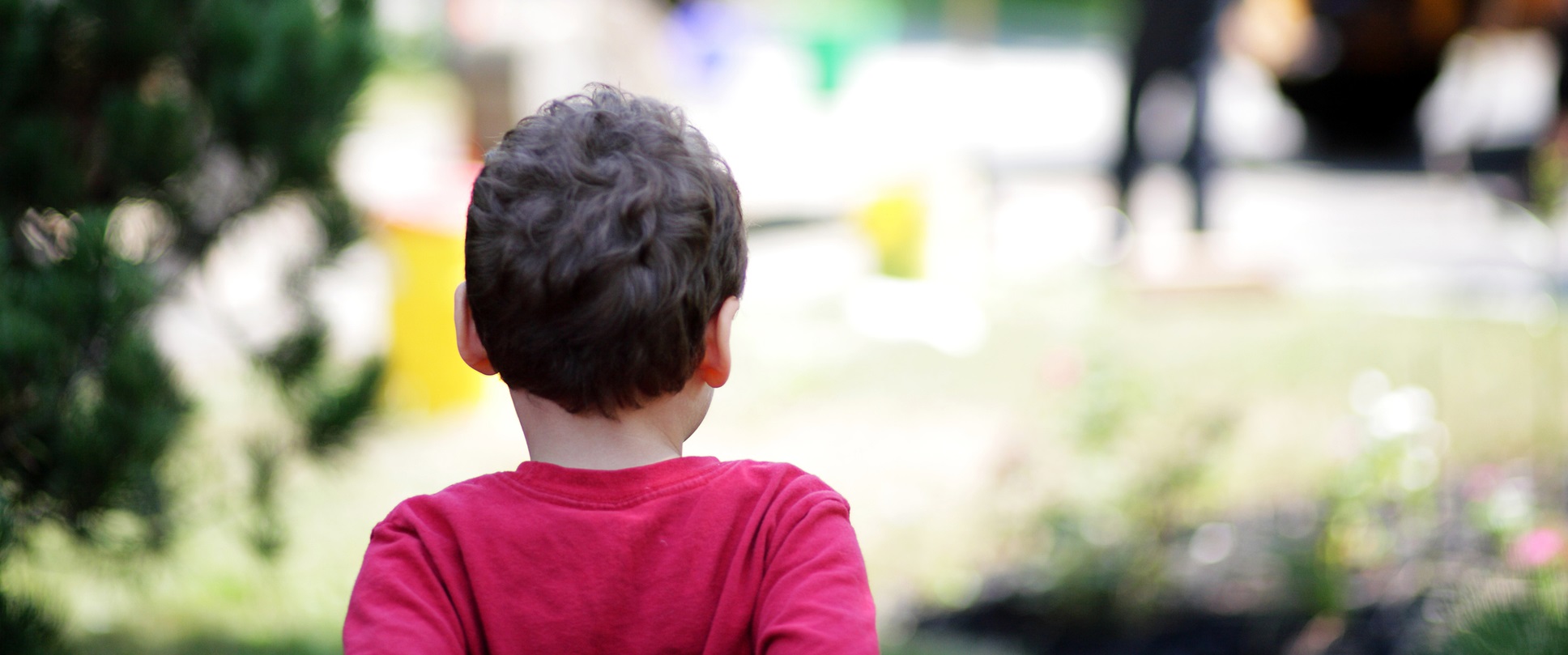
Raupī te Raupō is being trialed over 10 weeks, giving 60 families weekly sessions to help understand and support their autistic child.
Clinic lead Dr Hannah Waddington said the trial aimed to prove the benefits of early identification of autism - and change the trend of late diagnosis.
The programme has trained 300 health and education professionals in Wellington to identify early signs of autism and refer children and their families to the clinic.
"We know that most autistic children can be reliably identified and diagnosed by the age of two, and many children are showing signs of autism by the age of one, however in New Zealand, the average age of diagnosis is six and a half years," Waddington said.
"So we've got a real issue of not identifying and diagnosing autistic children early enough."
Identifying autism at a younger age lead to better outcomes, she said.
After being identified, children and their families can be refereed to Raupī te Raupō to access support through seventeen weekly sessions with a coach.
The sessions talk through strategies that might be helpful for the child, as well as having practical components of play and interaction with the whānau.
"What's really exciting about this programme is that it has been developed alongside autistic people and a Māori advisory group to be really suited to the New Zealand context," Waddington said.
The pilot programme is funded only for Wellington, but Waddington expected demand to exceed the 60 families it can provide for.
"We do expect the demand to be pretty high, for those spaces to probably fill up pretty quickly. We've already had about 15 families interested, and are able to work with the first family hopefully starting next week.
"What were hoping with this programme is to support the parents and the whānau to better understand and take a more positive view of their child, which will in turn help their child to thrive."
Waddington said the trial aims to prove the benefits of early diagnosis, and with further funding, could be rolled out across the country.
"So far, we've found families view this programme really positively."


